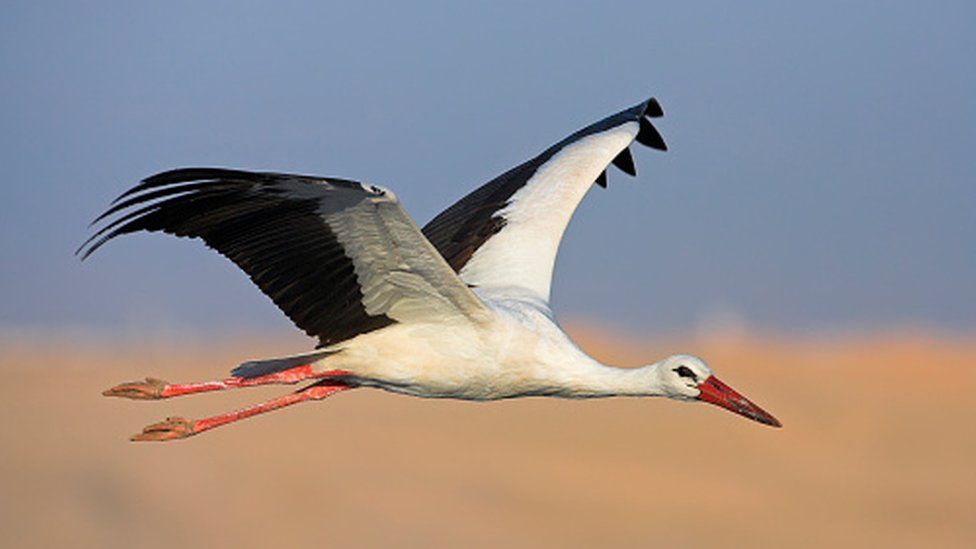Global Positioning System (GPS) and GSM modules are used in an Arduino-based vehicle tracking system. This communication method makes use of a GSM modem and SIM card. But did you know why a Polish research team had to pay a $2,700 phone bill?
Using a SIM card in a GPS tracker, a Polish environmental charity tracked the migration route of a white stork. After the stork vanished from sight, they discovered a $2,700 phone bill; someone in Sudan had stolen the SIM from the tracker and made over 20 hours of calls.
The GPS Fail
A tracking device that a Polish charity installed on a white stork was stolen in Africa, and its SIM card was used to make many pricey phone calls, costing the charity $2,648.
In April 2017, while the bird, named Kajtka, was spending the spring in Poland, the environmental organization Grupa EkoLogiczna attached the GPS device to its back. The device was designed to monitor the stork’s movement as it headed south toward Africa. Kajtka arrived safely, and on February 1 of this year, it departed once more for the north in preparation for a summer vacation in Europe.
Ten days later, Kajtka arrived in Sudan’s Blue Nile valley and abruptly ended. Since the bird didn’t move again until April 26, one could assume it came to a complete stop. Things started to get strange for the scientists watching Kajtka’s GPS feed.
The signal traveled 25 kilometers or 16 miles in circles on that particular day before dying. Then, on June 7, the charity received a sizable bill from Kajtka from its mobile phone provider. The group claimed that earlier this month, someone took the tracker apart and made 20 hours’ worth of expensive phone calls using the SIM card.
It appears that Kajtka was either devoured whole by nature or succumbed to the internal parasites that can afflict such birds. Then a resourceful individual discovered the tracking device, took it to someone with a little more expertise and equipment, and began keeping in touch with foreign friends or phone services for free. (Source: The Register)
Feathered Carriers
Amazing birds known as white storks travel from western Europe to as far away as South Africa every year, covering thousands of miles. They use thermals to save energy, avoiding the Mediterranean on their journey in favor of a stream across the Middle East land bridge or a quick pop over the Strait of Gibraltar.
Bio-boffins can study these migrations much more thoroughly now that technology is becoming smaller and mobile phone networks are becoming more widely used. Early attempts to track birds with heavy, aerodynamic trackers frequently resulted in the death of the birds by exhausting them and increasing the likelihood that predators would eat them.
Technology has greatly aided in tracking these migration patterns and, hopefully, in reducing the spread of West Nile. To prevent these magnificent creatures from being hunted for their SIM cards, the makers of trackers may want to add more security. (Source: The Register)
Image from BBc
